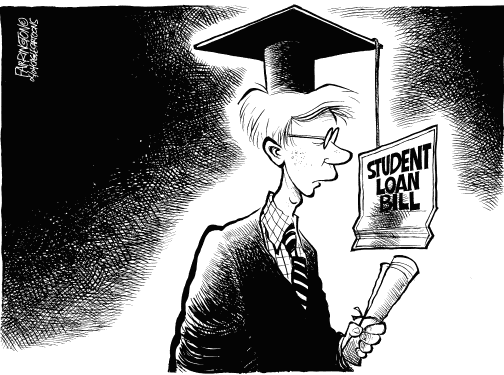Stone Pillow: New and Selected Poems “Fishing for the Moon”
Poet Li Young-Lee has often spoken of certain works as “quarrels” with his father. Many of mine, like Fishing… fall into the same category. Studies have been done that imply that the post-death emotional impact of a family member’s passing is far greater for those who had a strained relationship with the deceased.
My father was, at various times in his life someone easy to quarrel with because we were nothing alike. It was a long time in coming that I really believed, and not as an apologetic attempt at self-delusion, he did as best he could with what nature and nurture had given him. Life was not easy: He spent his teen years in a Masonic sanatorium recovering from tuberculosis during the Great Depression before joining a traveling carnival where he worked as a roustabout before heading off to WWII in the infantry.
When he died ironically there was only one person, other than me and my mother, who viewed his body at the funeral home. Ironically, it was his fishing partner, a black man several years my father’s senior. The two of them would sit for hours without saying a word to each other. It is only now that I am awed by the quiet simplicity in both of them and I often lament being cursed with far too much formal education. How wonderful it would be to spend a day with my only ambition being to carry home a creel of fish to a faithful wife who valued food and survival skills far more than money or talk.
This poem was written while I was studying for my MFA. My daughter loved the early drafts as much as she loved my father. She hated the deconstructed versions that academic critique groups foisted me, an insecure writer. I have since tried to give it back some of its original emotional charge while not handing it over to sentimentality or subjective shorthand.
Fishing for the Moon
On the lake’s granite surface
The moon’s blind eye kept watch
As small stars, silver lights, fell.
Lures cast by my father that would raise
My sleepy head and I would listen
For fish that would wound the calm,
Flare into the enormous night air,
and fight him reeling them toward shore.
One night, in my late teens,
An indecisive breeze touched us both:
I remember the familiar odor of age,
Cigar ashes rubbed into overalls,
And Lucky Tiger hair balm on a black
Forever military scalp.
At thirty-five or so, I tried to quit my ascensions
Away from tobacco farmer beginnings:
Theology, the military (but as an officer of course)
And accepted I was no match for the tattooed arms
And yielded to the strength of experience,
His eighth-grade smugness, and the once embarrassing
Southern vowels and long lines that could coax
Fishing tackle to scribble success across a lake.
I walked the reservoir’s circumference
The night he died and listened to icy respirations
Give in to winter. Drowning in his own fluid,
He sometimes smiled: a delirious toothless smile,
Like he had just landed a keeper.
I remember promising, no lying, in the nursing home
To him that I would take him fishing again.
But, he died before I knew how bad I would feel.
His eyes went white: turned inside, toward the water,
While his naked fingers would query the deep, dry pocket
Left from the injury: the Vietnam head wound.
It was a year after the seizures
That his arms fell limp at his sides
And the man who could not read anything
Except inland tides and solunar tables
Lay helpless in a hard bed.
They say it was pneumonia.
I say it was the lake claiming him
Where I returned his ashes: reticent,
Swirling near the bank they ebbed
Toward the center, where I cast
Lure after lure, fishing for the moon.
Personal Notes,Poetry,Stone Pillow,Uncategorized,Vietnam,War


